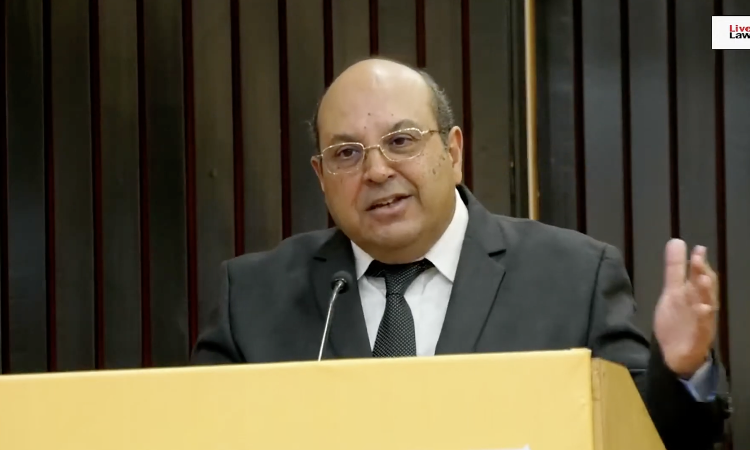All Responsible For War Crimes Must Be Prosecuted, Including The Victor & The Vanquished, To Ensure Universal Peace: Justice RF Nariman
Sharmeen Hakim
15 Oct 2023 7:41 PM IST

Next Story
15 Oct 2023 7:41 PM IST
All those responsible for war crimes, the victor and the vanquished should be prosecuted if we need world peace that has so far eluded us, Justice (retd.) Rohinton Fali Nariman said on Sunday while highlighting the flaws of the Nuremberg and Tokyo trials conducted after World War II.Former Supreme Court judge Justice Rohinton Nariman delivered a lecture on "The Nuremberg and Tokyo Trials -...
